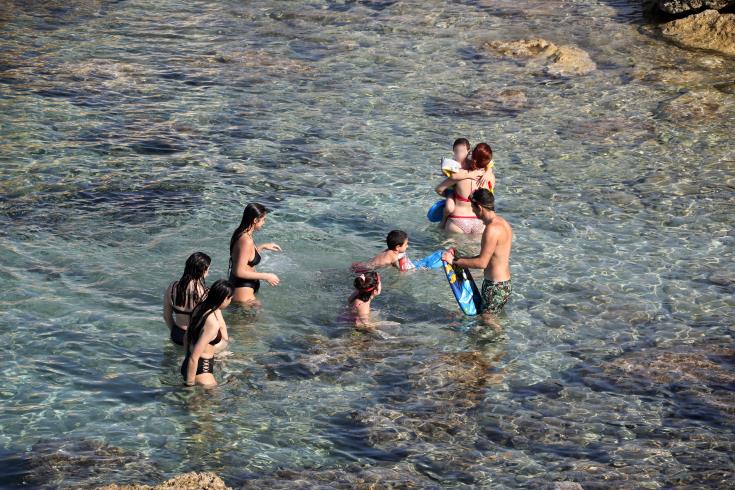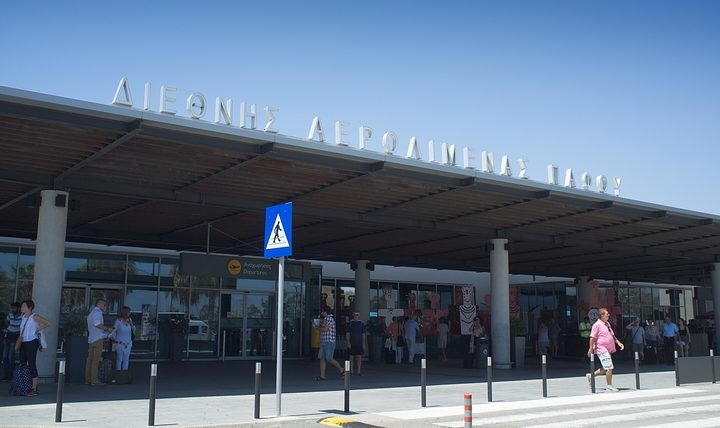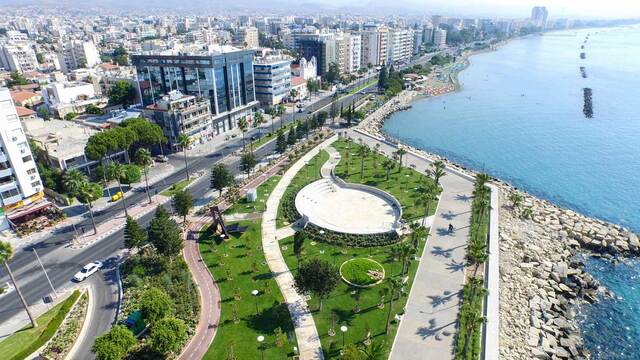The writing is on the wall – if Cyprus continues to put all its eggs in one basket and does not diversify its tourism product, it will face the same fate as the ‘golden passports’ scheme, that continues to haunt greedy politicians.
Now, Moody’s has given a crystal-clear message – restructure your tourism or you are doomed.
In its outlook on Cyprus and another five Mediterranean EU countries – all rival tourist destinations – the rating agency warned that they are “most vulnerable to a sustained drop in tourist arrivals due to the pandemic” together with a “high credit risk”.
It added that if support measures are withdrawn before a sustainable recovery, this will trigger further bankruptcies worsening job and income losses.
Cyprus desperately needs to redefine the island’s outdated travel experience that is often boring, unable to match the better priced rival destinations.
All of them will be in a rush to promote their beaches, exotic sights, food and activities, and Cyprus can’t fall behind.
But to get the tourism industry up and running again the COVID-19 inoculation programme needs to be speeded up.
This is the only way for Cyprus to regain the trust of holidaymakers and become a destination of choice again.
Realising the urgency to get the nation and its hi-tech economy rebooted, Israel fast-tracked its vaccine purchase programme and the country has already vaccinated 20% of its population.
Across the divide on our island, the Turkish Cypriot administration said it expects some 500,000 vaccines from Turkey, which means they could complete their vaccination programme by the end of February.
That means that as of March 1, they will be promoting the north as a safe and healthy destination, both for tourists and property investors.
The UK, a traditional and loyal tourist market for Cypriot hoteliers over the decades, also said it is fast-tracking its inoculation programme with the British government saying it aims to inoculate some 13 mln people by mid-February.
Perhaps, a proposal tabled last week to introduce a ‘vaccine passport’ may be part of the solution, despite the noise from activists saying it violates personal data protection.
This might be a sacrifice Cyprus will need to make, to save the forest, not just the tree.
Cyprus has a rich product to offer, mainly hampered by its high cost.
Exploring new levels of excellence such as religious tourism, wine routes, food adventures and ‘extreme’ sports, starting from hiking to diving, ought to propel Cyprus to become a must-visit holiday spot, for the luxury traveller who will return and invest in property.
That is the model of sustainable tourism and a cyclical economy that is needed.
What needs to be done is reassert to holidaymakers and tour operators alike, that Cyprus can be “trusted for travel”.
Guests, whether they are staying in five-star resorts or a humble self-catering apartment must receive an unwavering sense of commitment.
They need to be given assurance in new levels of excellence, not just in service, hospitality, and food, but also in health, hygiene, and cleanliness.
Some municipalities in Cyprus are an embarrassment while others, such as Paphos, and more recently Ayia Napa, Larnaca and parts of Limassol are a sight for sore eyes.
Before the junior tourism ministry splashes out on its biggest ever digital campaign to win back lost tourists let’s clean our house first and promote what is good about Cyprus, not what is similar to every other destination.
The island’s business community has already been slapped in the face by the get-rich-quick ‘golden passports’ scheme benefitting the few, while the many have struggled.
Let’s protect the good reputation we had as a tourist destination and regain the spirit of ‘filoxenia’, the sense of warm hospitality that has to be lived to be appreciated.









